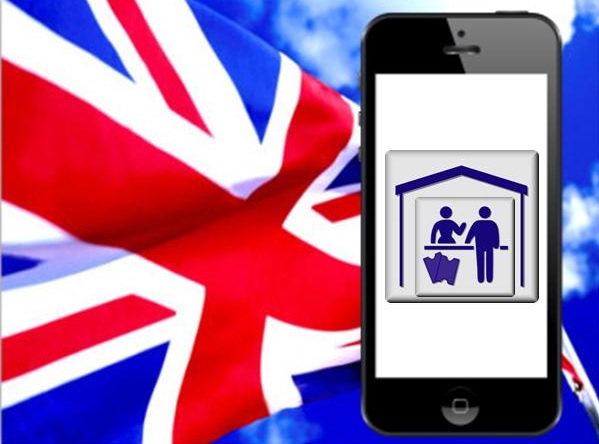People are hooked on smartphones and a new report has shown that those monthly bills are adding up.
A recent report issued by Boston Consulting Group has shown that consumers love their mobile technology and those from developed countries (the United States, Germany, and South Korea) are currently paying an average of about $6,000 per year on them.
This represents the equivalent to 12 percent of the average annual income and includes devices and services.
The sales and use of mobile technology, specifically cell phones and smartphones, generated almost $3.3 trillion in global revenues, last year, said a Qualcomm commission report entitled “The Mobile Revolution: How Mobile Technologies Drive a Trillion-Dollar Impact” report. It also stated that the aggregate annual consumer surplus – that is, the benefit above and beyond what is paid directly for mobile services – is considerably higher, at a total of about $6.4 trillion.
Most of the people who were surveyed said they would rather give up dining out for a year than their mobile technology.
 They also said that they would give up going on vacation for a year in order to be able to hang on to their mobile devices. The research included the participation of 7,500 consumers in the United States, Germany, Brazil, India, China, and South Korea.
They also said that they would give up going on vacation for a year in order to be able to hang on to their mobile devices. The research included the participation of 7,500 consumers in the United States, Germany, Brazil, India, China, and South Korea.
In Korea and China, the majority of smartphone users said that they would prefer to give up their home broadband internet connection than go without their devices.
According to senior partner at The Boston Consulting Group, David Michael, who was also the report’s lead author, “The typical U.S. consumer reports that their mobile phone connection creates more than $5,800 in value for them per year, over and above what they pay. That surprised us.”
Michael also pointed out that it was interesting to observe the value that consumers applied to mobile services within emerging markets. Among Indian and Chinese consumers, over 60 percent claimed that their mobile device services gave them access to new opportunities in generating income.
The report indicated that from 2009 through 2013, the mobile technologies industry made capital expenditures and research and development investments of $18 trillion.

 The average savings, according to Consumer Champion, for seven out of every ten people, could be an average of about £159 (around US$240) each, simply by choosing a contract that better reflects their actual needs. For families that are paying for mobile service on four
The average savings, according to Consumer Champion, for seven out of every ten people, could be an average of about £159 (around US$240) each, simply by choosing a contract that better reflects their actual needs. For families that are paying for mobile service on four 